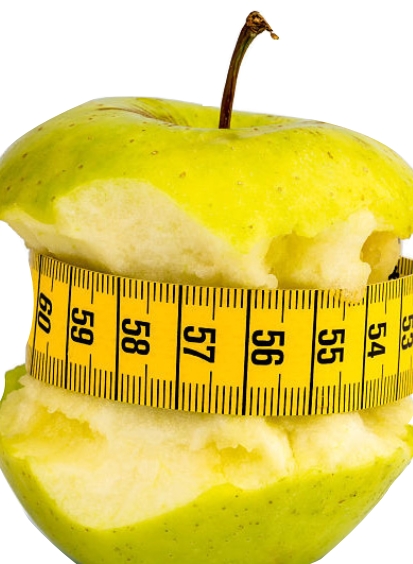
Nutritional needs change
A popular book was published in 1992 called “Men are from Mars, Women are from Venus,” which discussed the differences between men and women when it came to relationships.
 If you read this book, you might have learned that men and women have different needs. Same is true for nutrition. In general, healthy eating is similar for men and women. Eating a variety of foods that contain the major macronutrients is vital to health. There are, however, different stages in a woman’s life where focusing on certain nutrients is important.
If you read this book, you might have learned that men and women have different needs. Same is true for nutrition. In general, healthy eating is similar for men and women. Eating a variety of foods that contain the major macronutrients is vital to health. There are, however, different stages in a woman’s life where focusing on certain nutrients is important.
During pregnancy your body will change as well as your nutrient needs. Although it is commonly said that you are eating for two when you are pregnant, this isn’t as true as you might think. Calorie needs do increase during pregnancy, but this typically does not happen until the second trimester and needs only to increase by roughly 300 calories.
Protein needs also increase during pregnancy. Choose lean proteins to avoid extra weight gain.
Where the statement is true is with what you consume. Your baby is relying on your nutrients to thrive, so the type of foods consumed during pregnancy is important. Some key nutrients needed during pregnancy are folic acid, iron and calcium. Folic acid has been shown to reduce the risk of birth defects and is vital during the first trimester of pregnancy. The American Congress of Obstetricians and Gynecologists recommends any woman of childbearing age take a daily supplement containing 400 micrograms of folic acid. Folic acid can also be found naturally in beans and peas, citrus fruits and leafy greens.
Iron is also important to prevent fatigue and anemia during pregnancy. According to the Academy of Nutrition and Dietetics, pregnant women need at least 27 milligrams of iron daily. Good sources of iron include red meats, fish, beans and spinach. In order to better absorb plantbased sources of iron, make sure to pair it with foods rich in vitamin C. Calcium is important for all women to keep bones and teeth healthy and to prevent osteoporosis, but needs increase during pregnancy. If a woman does not consume enough calcium during pregnancy, calcium will be pulled from the mother’s bones. Consuming three servings of calciumrich foods daily can help meet these needs.
 Hormonal changes don’t only happen in pregnancy. Menopause is when women’s ovaries begin to produce less of the reproductive hormones progesterone and estrogen. Symptoms of menopause differ between women, but a common symptom is unwanted weight gain. In general, women have less muscle than men, and therefore need less calories. That, coupled with hormonal changes and aging, can lead to unwanted weight gain.
Hormonal changes don’t only happen in pregnancy. Menopause is when women’s ovaries begin to produce less of the reproductive hormones progesterone and estrogen. Symptoms of menopause differ between women, but a common symptom is unwanted weight gain. In general, women have less muscle than men, and therefore need less calories. That, coupled with hormonal changes and aging, can lead to unwanted weight gain.
As we age, we tend to lose muscle and become less active. Finding at least 30 minutes a day to become active can help with slowing metabolism. Aim for 150 minutes a week of aerobic exercise as well as strength training twice a week to help reduce muscle loss.
Keeping portion sizes in check is important also. Reduce your calorie intake by 100-200 calories per day to help with weight loss. Minimize consumption of sugar and alcohol since these nutrients provide calories without any nutritional benefit. Increasing fiber will not only help with disease prevention but can help you to feel full longer.
Women of all ages should continue to eat healthy and be physically active across the lifespan, but focusing more attention on key nutrients can be vital to your health. For more information on your nutrition needs, contact Willis-Knighton Diabetes and Nutrition Center at 212-4250.